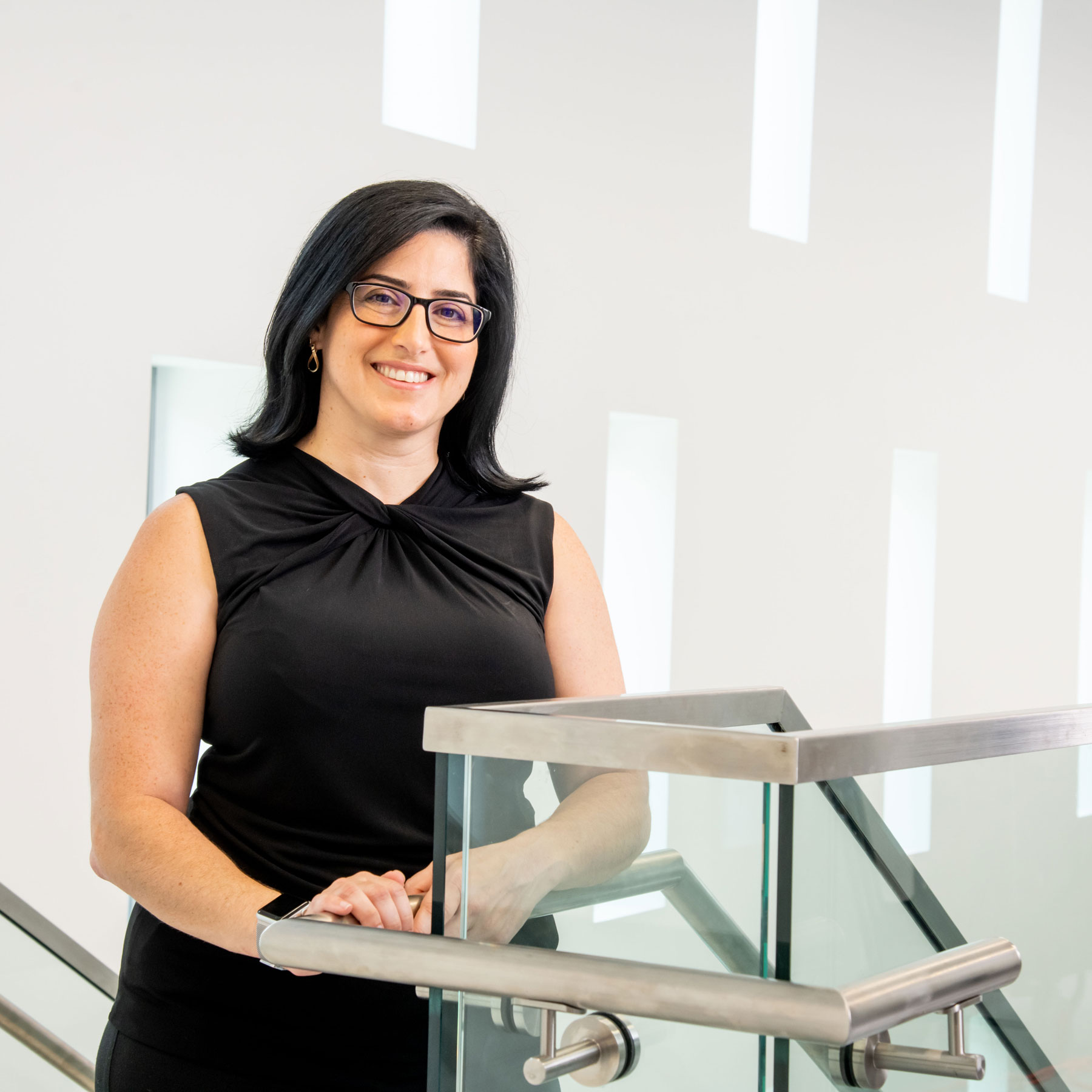Alina Zare named new director of UF's Interdisciplinary Informatics and Artificial Intelligence Research Institute

Alina Zare, one of the University of Florida’s leading artificial intelligence researchers, has been named director of the university’s Interdisciplinary Informatics and Artificial Intelligence Research Institute (IIARI).
Zare, currently associate dean for research in the Herbert Wertheim College of Engineering, has built many connections across campus through the Machine Learning and Sensing Lab she leads, where teams of faculty and students work on projects with collaborators from agronomy, psychology, the Florida Museum, horticulture, entomology, ecology and a host of other computer scientists, both on campus and at other institutions.
“I believe one of the best ways to carry out meaningful research with impact is to tackle big challenges with a team that spans a diverse set of disciplines,” said Zare, a professor of electrical and computer engineering. “My research career is one that has centered on transdisciplinary efforts and I intend to continue and expand on that approach in this new role.”
David Norton, UF’s vice president for research, said Zare is uniquely positioned to advance the goals of the institute, which was formerly known as the Informatics Institute.
“Dr. Zare has proven her ability to identify opportunities and bring together varied expertise from across the university to make them realities,” Norton said. “With her leadership, we are confident the IIAIRI will be able to leverage UF’s existing strengths in data science, informatics, and artificial intelligence; to utilize UF’s HiPerGator supercomputer to its full potential; and to grow our unique partnerships with NVIDIA and other leading companies in AI and high-performance computing.”
The institute aims to enhance our external AI visibility and build a stronger AI research community across campus with focuses on four major areas:
- AI and Informatics Techniques and Technologies – Research into the hardware, software, algorithms, and mathematical approaches needed to develop the next generation of intelligent techniques and technologies. This also includes supporting infrastructure for computation, bandwidth and storage.
- Biomedical and Life Science Informatics and AI Applications -- Use of AI and informatics to address fundamental questions in genetics, genomics, biodiversity, environment, agricultural science, as well as its application for improved human health outcomes.
- AI and Informatics for Engineered Systems and the Physical Sciences -- Application of intense computation and complex AI and informatics to understand and design complex engineered systems, and to uncover the fundamental nature of our physical world and universe.
- AI and Informatics in Social Science, Humanities and Education -- Leveraging the explosion of data in understanding people, cultures, political development, education, and human behavior.
Since its inception, the institute has gathered together nearly 100 affiliated faculty members who have produced over 140 scientific papers. The institute has also awarded nearly $3 million in seed funding.
